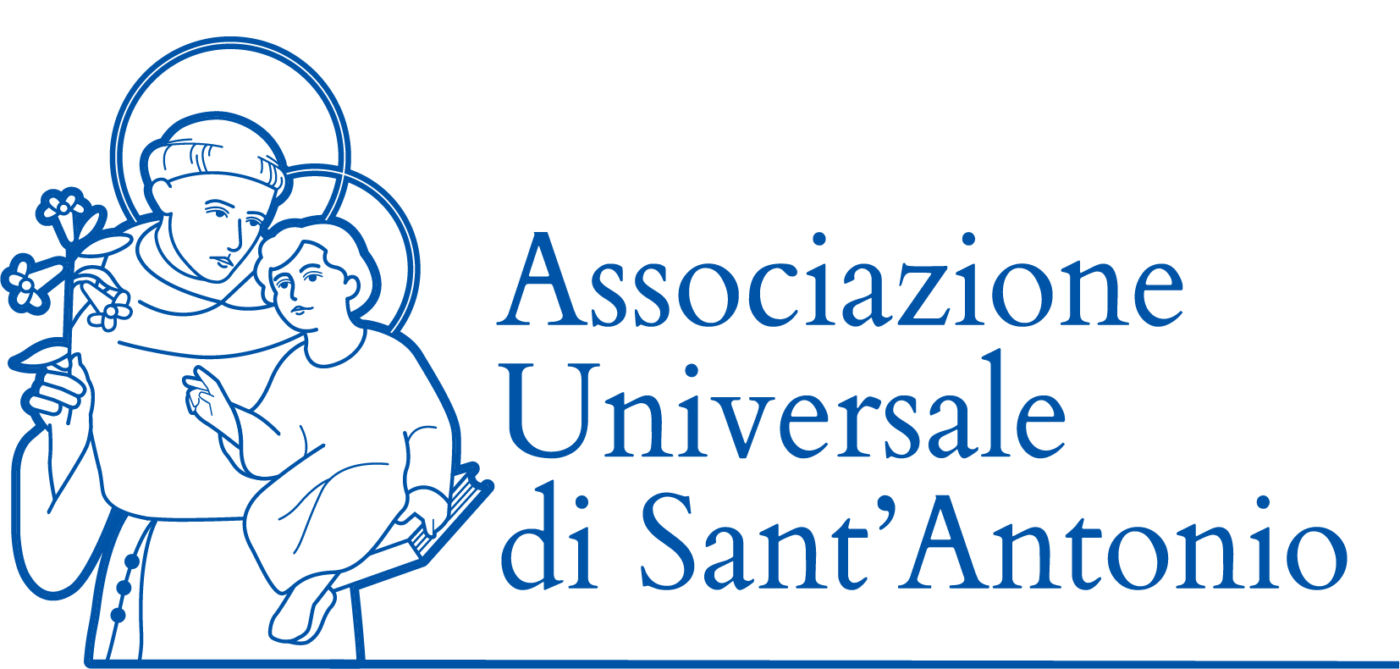By Benedict Mayaki, SJ
A Theological Colloquium on Synodality held on 9 – 11 March in Nairobi, Kenya, sought to reflect and propose a vision of synodality based on characteristics and dimensions of the synodal process from an African perspective.
Organized by the African Synodality Initiative (ASI) in collaboration with the Association of Member Episcopal Conferences in Eastern Africa (AMECEA), the three-day event gathered Catholics of different backgrounds – theologians, professionals, academics from several Church and academic institutions at the headquarters of the Jesuit Conference of African and Madagascar (JCAM) – to share experiences, challenges and particularities of the Church on the continent, in tandem with other synodal activities of local Churches.
The initiative falls into the two-year process on the Synod on Synodality was launched last October by Pope Francis with the theme “For a Synodal Church: Communion, Participation and Mission.” With the diocesan listening stage of the process underway, the Synod on synodality encourages everyone to have their voice heard on crucial Church issues.
Listening and discernment
The sessions at the Colloquium featured presentations (in English and French) from theologians, group discussions, personal statements on the synodal process from participants, open conversations which culminated in the drafting of a statement illustrating a vision of synodality for the Church in Africa.
Among the speakers at the sessions on the first day of the Colloquium was Sr. Natalie Becquart, Under-Secretary of the Synod of Bishops, who highlighted that we are living the most ecclesial moments and events in the life of the Church since Vatican II with the universal Church carrying everyone along in this synod.
She highlighted that a key element of the Second Vatican Council is a working collaboration and dialogue between theologians and bishops, giving birth to reflections that are critical to the theology of a synodal Church.
Sr. Becquart further underlined the importance of listening and continuing on a creative path of discernment as it is important to be open to the sensus fidei, accompany local synodal processes, gather the fruits of the process and share them to the entire Church. She also underlined that young people and women are an essential driving force of synodality.
Challenges of the African Church
Further sessions of the Colloquium reflected on the challenges faced by the African Church, including the interface of cultural beliefs and practices with the Christian faith and the role of women and how to involve them more deeply in leadership and engagement with the Church.
The participants also reflected on the synodal experiences in different parts of the continent, highlighting the resistance to embrace change, the laity’s expression of uncertainty about the consideration that will be given to their opinions, and confusion caused by insufficient awareness creation and wrong conceptions about the synodal engagement.
Dr. Philippe Tine, a research professor from the Cheikh Anta Diop University in Senegal, gave a presentation on some elements to consider as the African Church strives to become a synodal Church. He stressed the importance of examining the lived experience of Africans as the first point of departure, in order to identify the obstacles through attentive listening. On this note, he also invited Africans to explore the links between synodality and African cultures in order to nourish the process with the riches of our culture.
Furthermore, he encouraged formation in synodality by the creation of inclusive spaces for reflection, sharing and discernment. He also stressed the need to bridge the gap between the clergy and laity by reducing structures that promote clericalism.
A vision of the African Church as a synodal Church
Proposing steps on the path toward a greater synodality, the Colloquium’s participants highlighted the entire process as a journey of reformation that should include, among others identifying the needs of the Church, building openness and systems of trust that respect confidentiality and a change of mentality at all levels of the Church in order to break down characters that foster rigidity.
They also recommended living in solidarity with all of creation in our common home, the promotion of inter-religious and ecumenical encounters, a greater appreciation for the value of the different charisms, including those of the laity and encouraging a mutual evangelization of both the laity and the clergy.
Expressing their conviction that the Church of the third millennium should embrace the path of synodality, the participants restated their commitment to serve as facilitators to promote awareness and build a culture of synodality.
VaticanNews


 Italiano
Italiano Français
Français